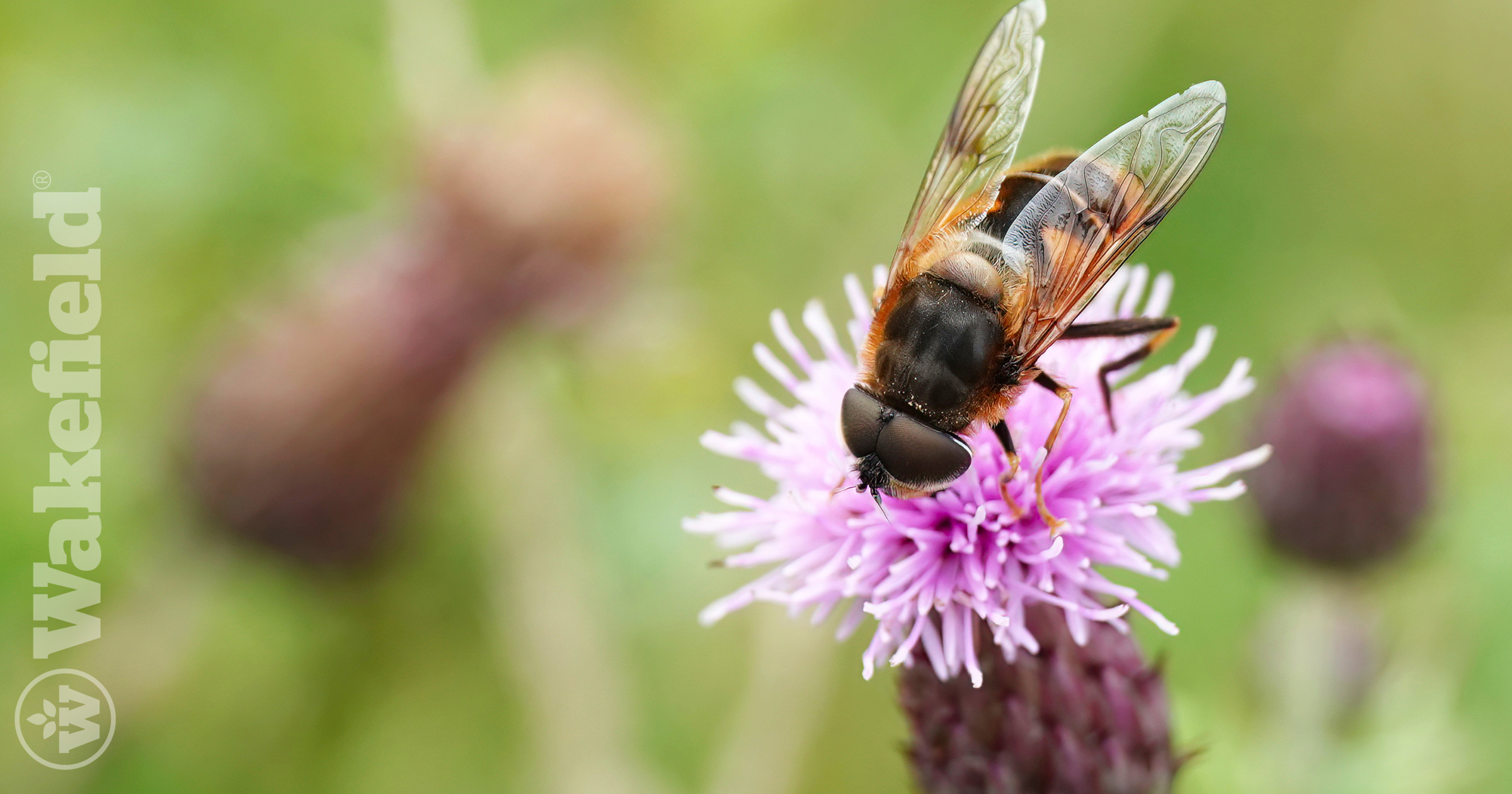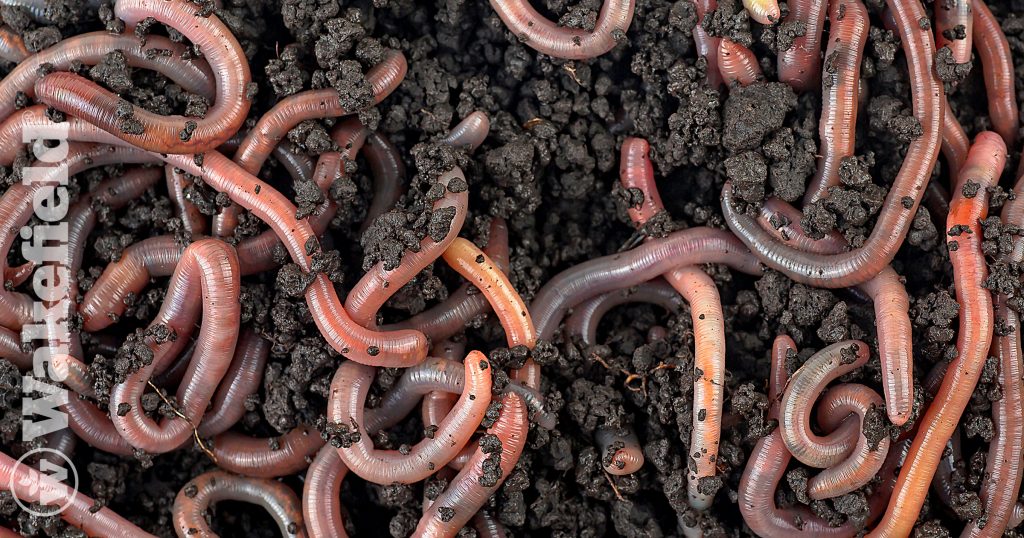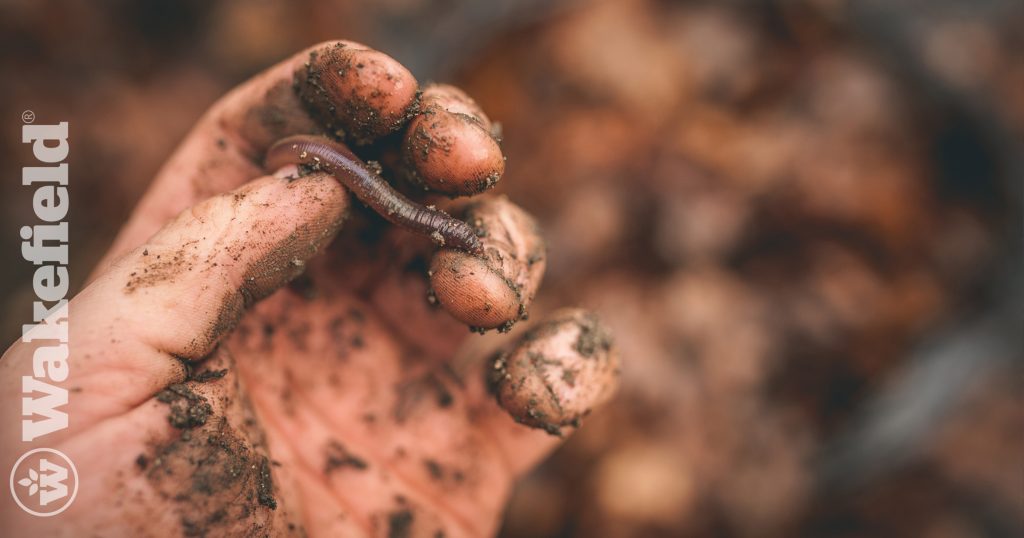Reduced Biodiversity in Soil Is A Problem

Soil biodiversity is the variety of life forms in the soil, like bacteria, fungi, and insects. These tiny creatures are super important because they help keep the soil healthy and fertile. But now, reduced biodiversity in soil is becoming a big problem, and it affects farming, ecosystems, and even our climate.
Why Soil Biodiversity Matters
Soil organisms are like the soil’s little helpers. Bacteria and fungi break down organic matter to release nutrients for plants. Earthworms make tunnels that help water and air get into the soil. When these organisms are present, the soil stays healthy and plants grow better.
Causes of Reduced Soil Biodiversity
There are several reasons why soil biodiversity is decreasing. Intensive farming uses a lot of fertilizers and pesticides, which can harm soil organisms. Deforestation, or cutting down trees, destroys habitats and reduces the organic matter in the soil. Pollution from factories and climate change also impact soil health.
Effects of Reduced Soil Biodiversity
When soil biodiversity decreases, the soil becomes less fertile, making it harder for plants to grow. The soil can also erode more easily because it loses the organisms that help hold it together. Additionally, fewer soil organisms mean more soil-borne diseases, which can hurt plant health. Finally, less biodiversity means the soil can’t absorb as much carbon, which affects our climate.
How to Preserve Soil Biodiversity
We can take several steps to protect soil biodiversity. Using sustainable farming practices, like crop rotation and organic farming, can help. Restoring forests and natural habitats also makes a big difference. Reducing pollution and addressing climate change are crucial too. Researching and monitoring soil health will help us find the best ways to keep our soil healthy.
Reduced soil biodiversity is a serious issue that affects our food, environment, and climate. By adopting better farming practices, restoring habitats, and reducing pollution, we can protect and improve soil biodiversity. Healthy soil is essential for a sustainable future, and it’s up to all of us to take action.
Better soil. Better world. Happy growing!







